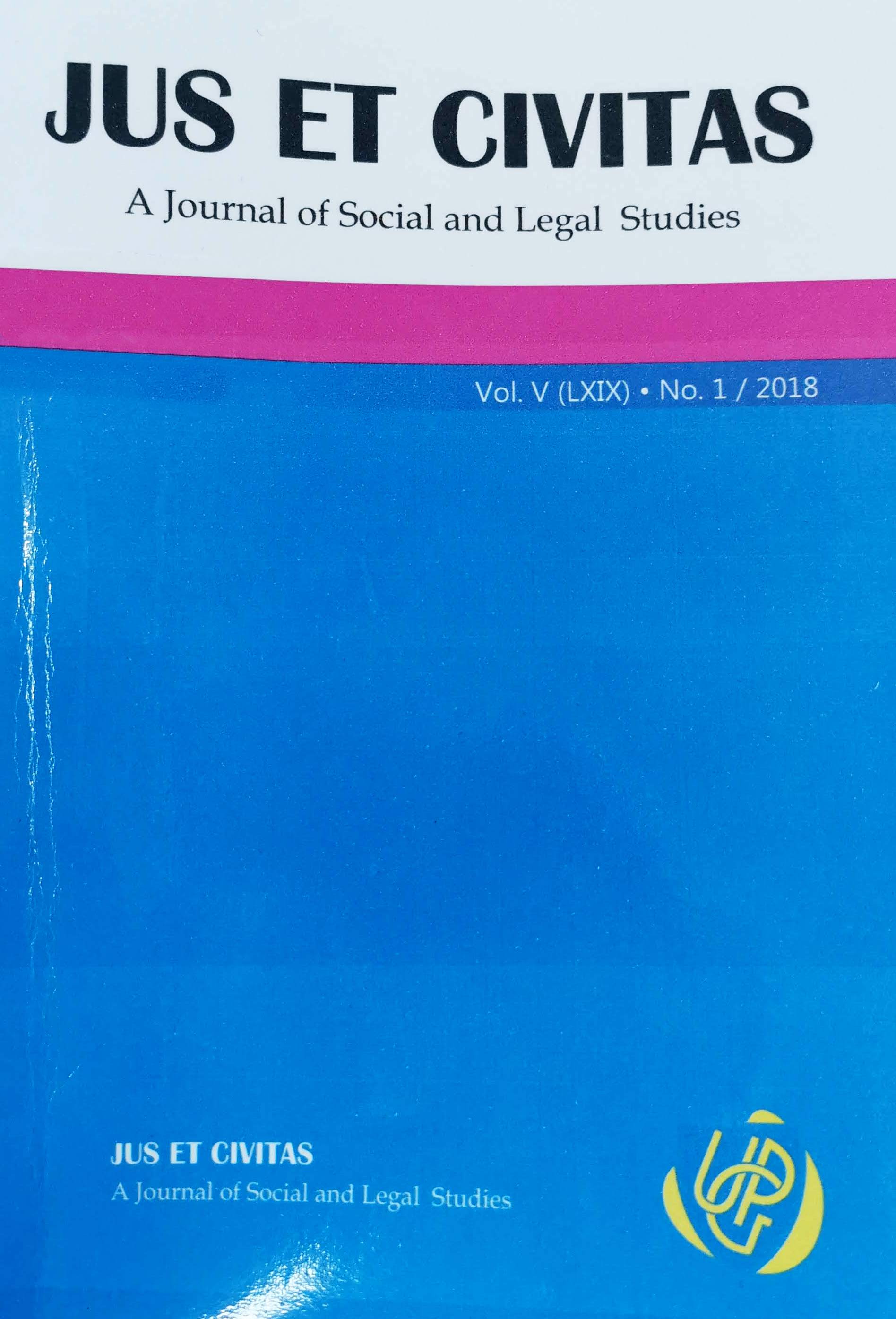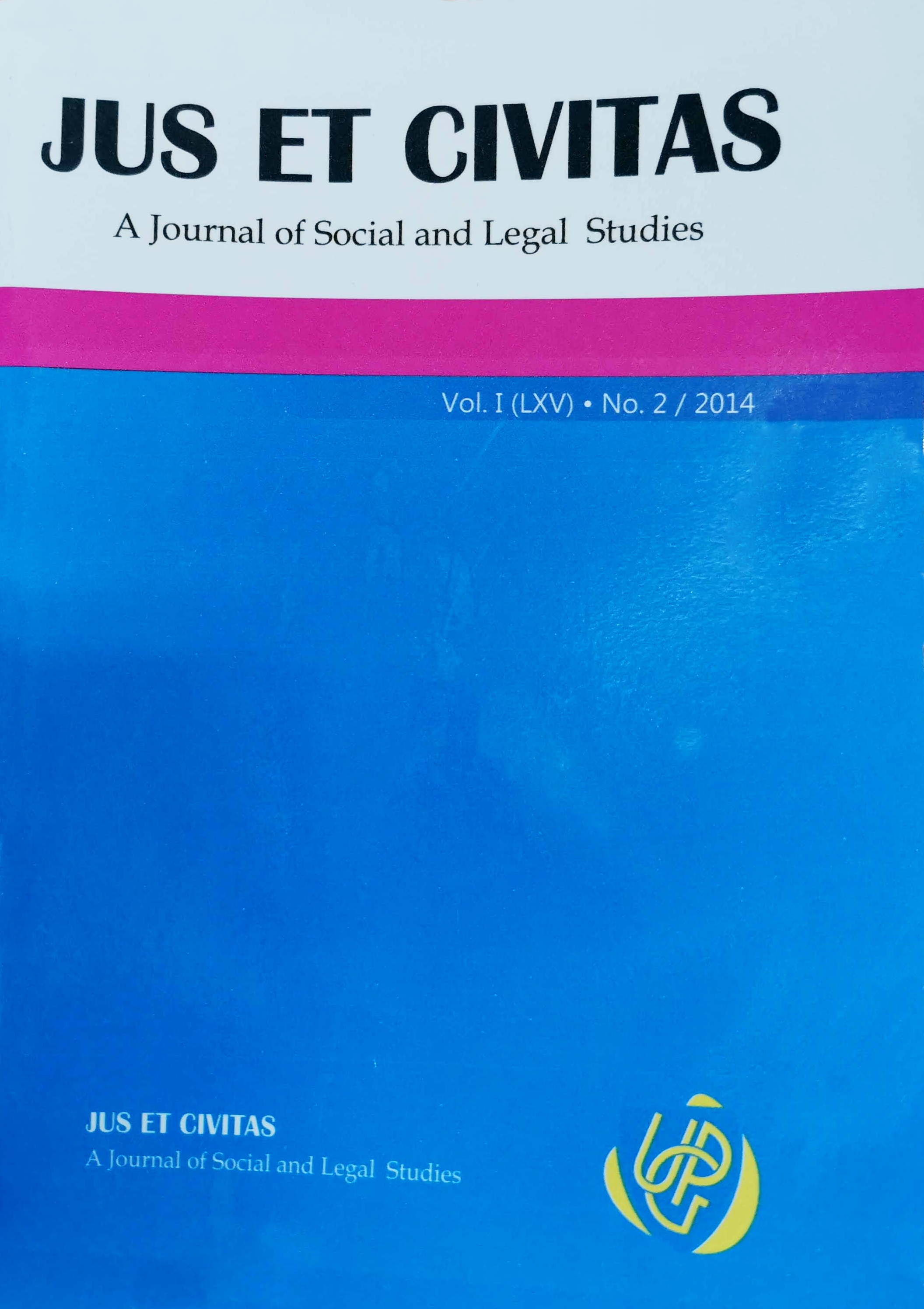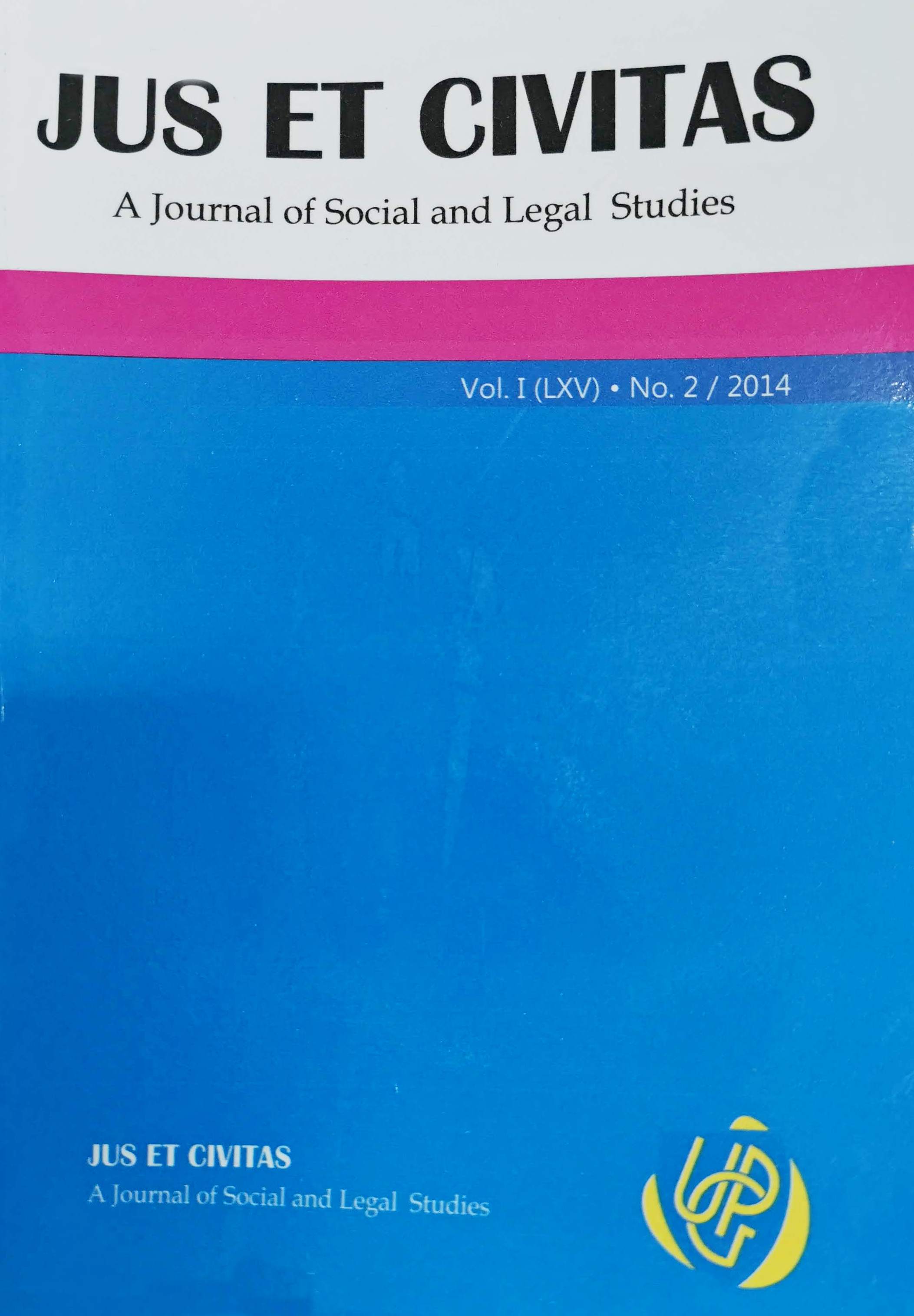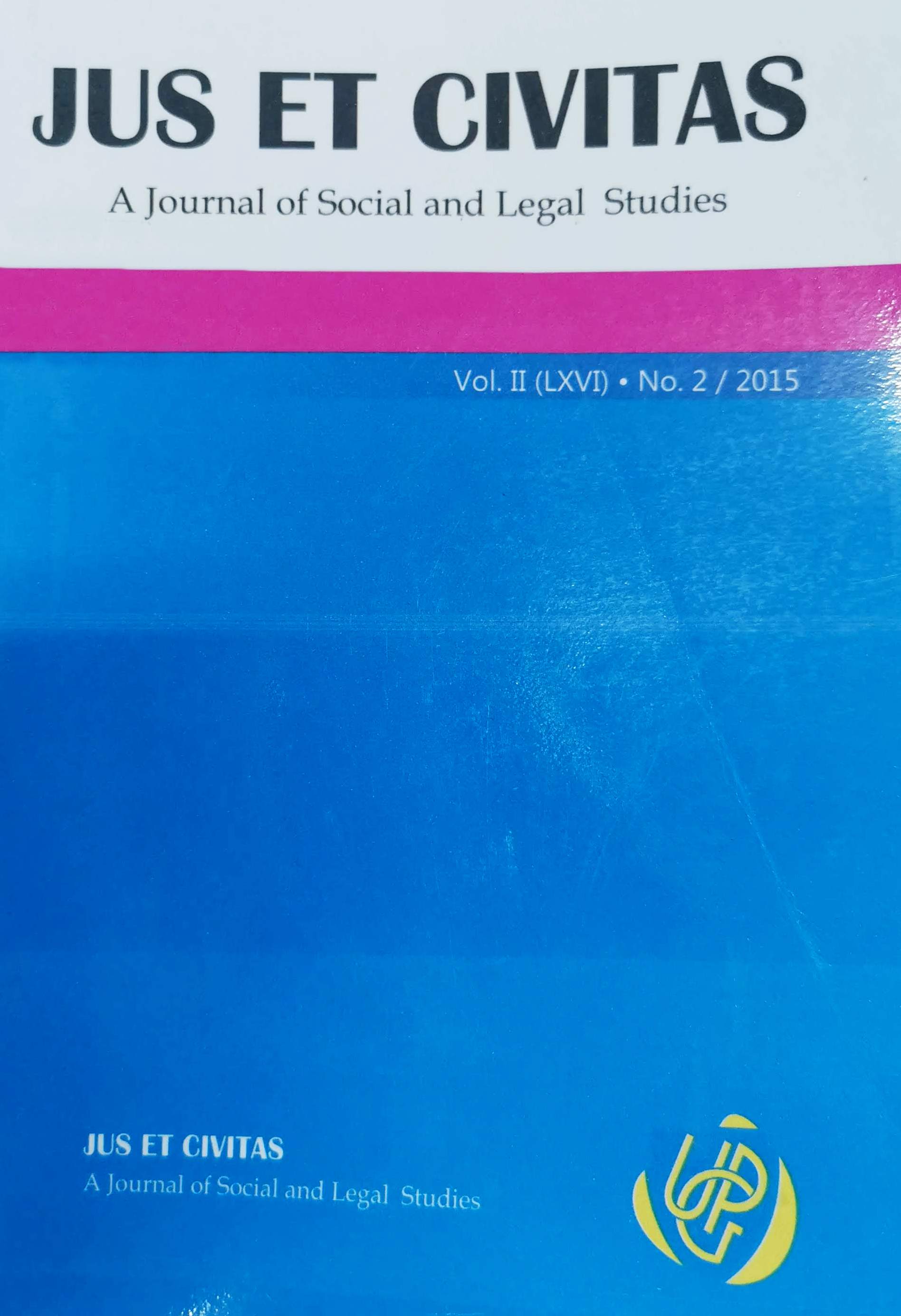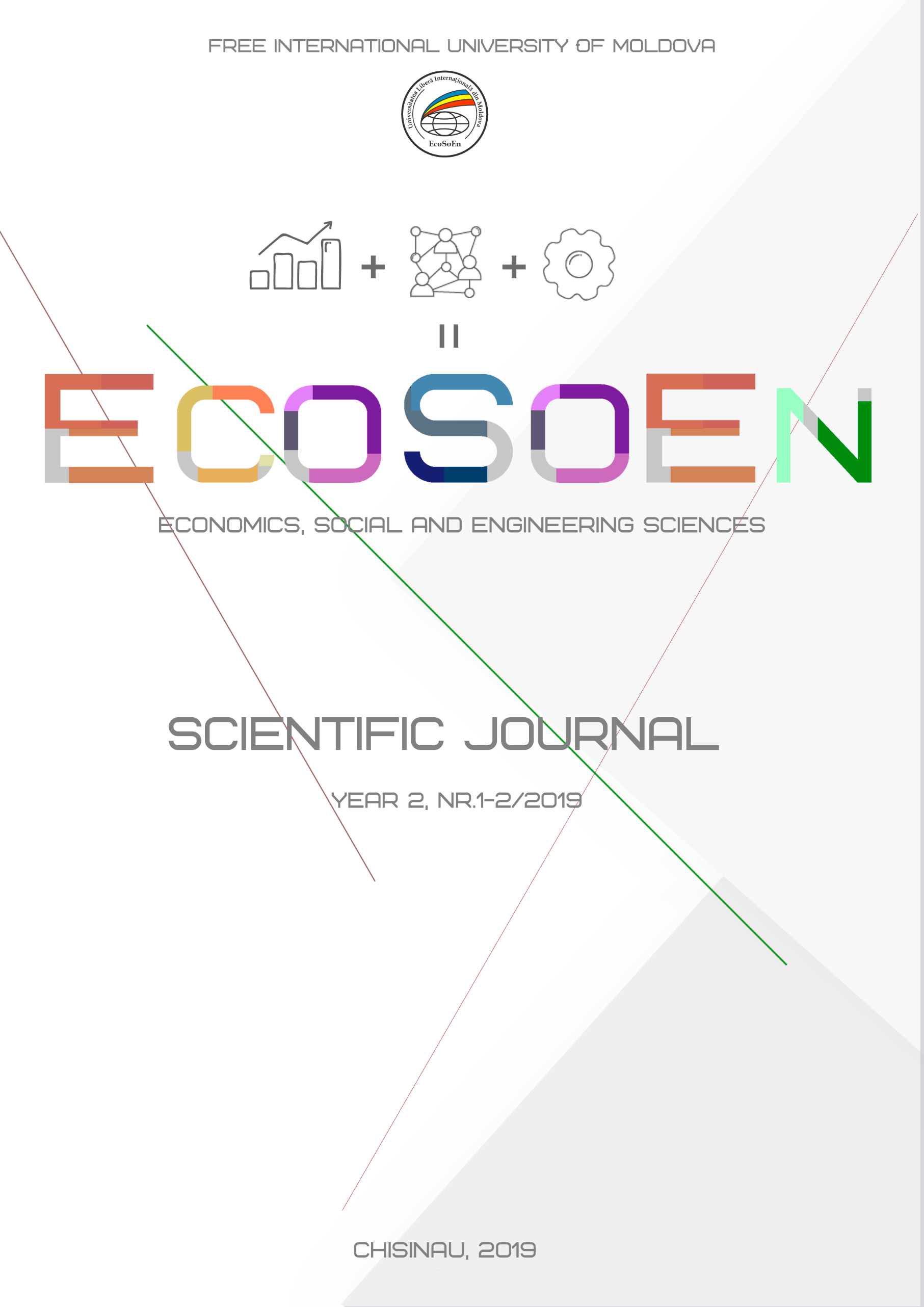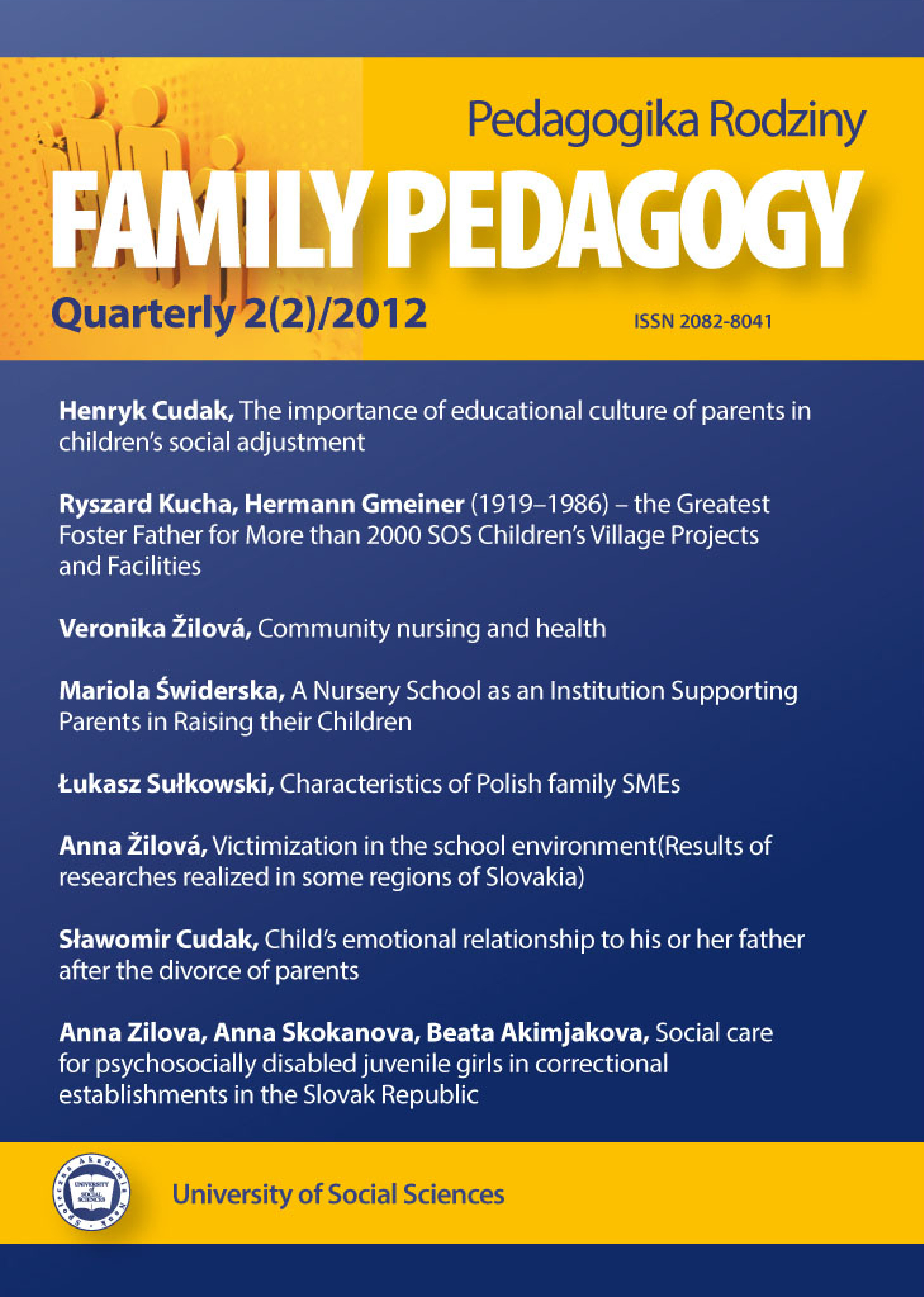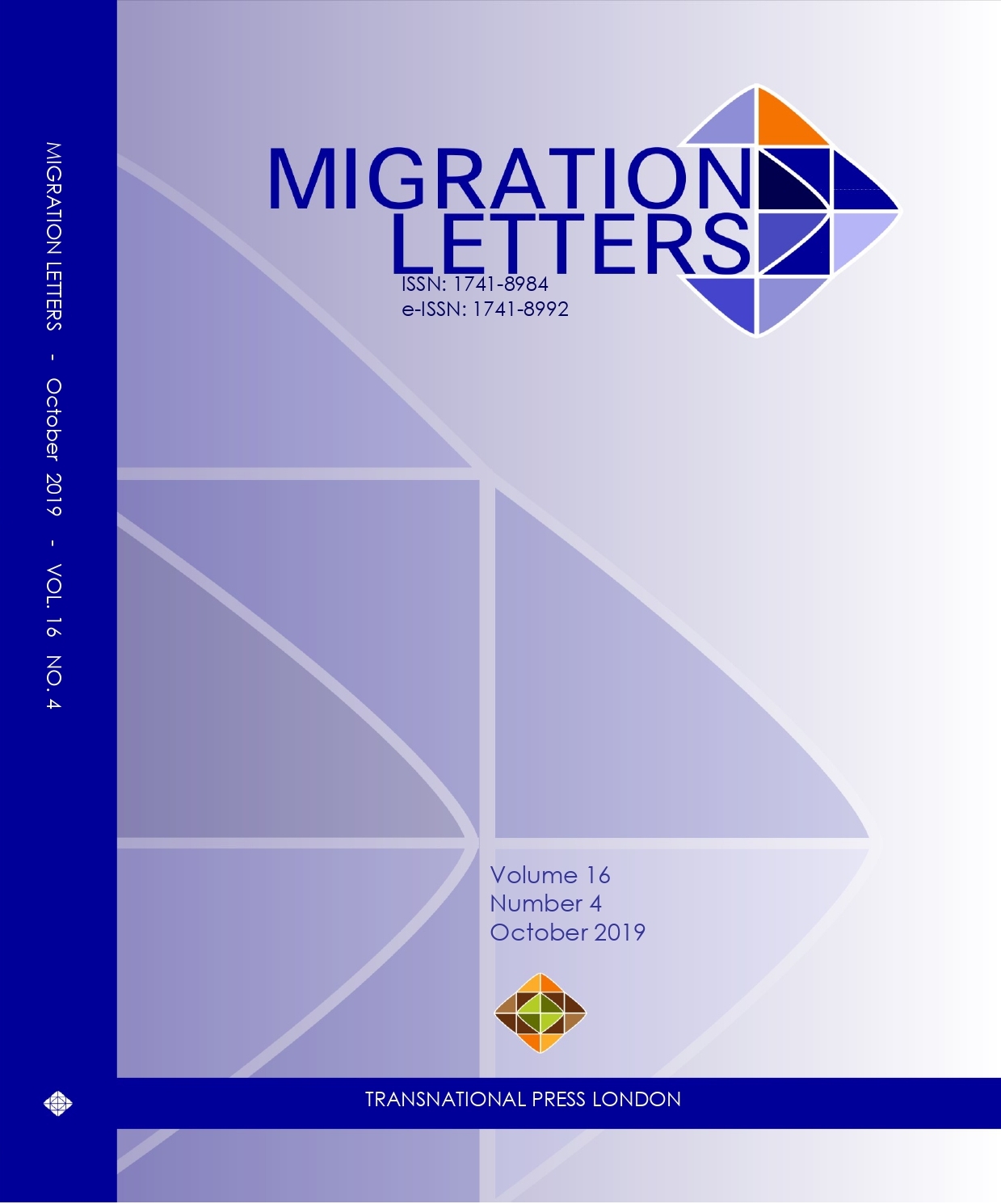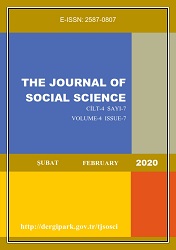Author(s): Anna Anatolyevna Kashirkina,Andrey Nikolayevich Morozov / Language(s): Russian
Issue: 1/2020
The article is devoted to the definition of the place and role of women’s rights in the civilizational catalogue of human rights from the point of view of a multifunctional approach. In particular, on the basis of international legal analysis the main acts that laid the “Foundation” of legal protection of women are singled out; the periodic systematization of the main milestones in the formation of women’s rights on the basis of international legal acts is carried out; the analysis of the legal status of women in modern society is carried out from the standpoint of both legal protection and the real state of things, i. e. the formation of women’s rights. The problems facing the further improvement of women’s rights protection in the context of the human rights catalogue are highlighted. The authors adhere to the concept that women’s rights are also rights included in the General catalogue of human rights. However, taking into account the civilizational development of various States and cultures, it was only in the middle of the twentieth century that the international legal framework for equal rights of men and women was achieved. However, many challenges, including overcoming discrimination, remain to this day. In this regard, in the third Millennium after the “gender revolution” of the twentieth century comes the era of “gender strategy”, where the agenda includes the problems historically hushed up by society. The authors proceed from the concept of a synergetic approach to the improvement of legal mechanisms in relation to women’s rights: the implementation of international legal and legislative acts on gender rights should be complemented by the perception of women’s rights at all levels of state and society functioning, i. e. economic, political, social, cultural, domestic, etc. Women’s rights in the catalogue of human rights should be included in the natural matrix of legal awareness, both of men and women, as inalienable. Thus, the enshrined rights of women in the third Millennium should be objectified in social development in the strategy of gender equality, where the main emphasis will be not on the normative consolidation (which has already taken place), but on filling the gaps in the gender culture, social perception of women status, its significant role even in those areas of social life that have traditionally been considered “male”. However, this should not deprive women of preferential legal protection and guarantees of their rights. In this context, the authors see further improvement of the human rights catalogue in relation to women’s rights. The article is written using both general scientific and special methods of cognition: dialectical, historical, philosophical, comparative legal, formal legal, logical, analytical, as well as involving methods of legal modeling and synergistic analysis.
More...
